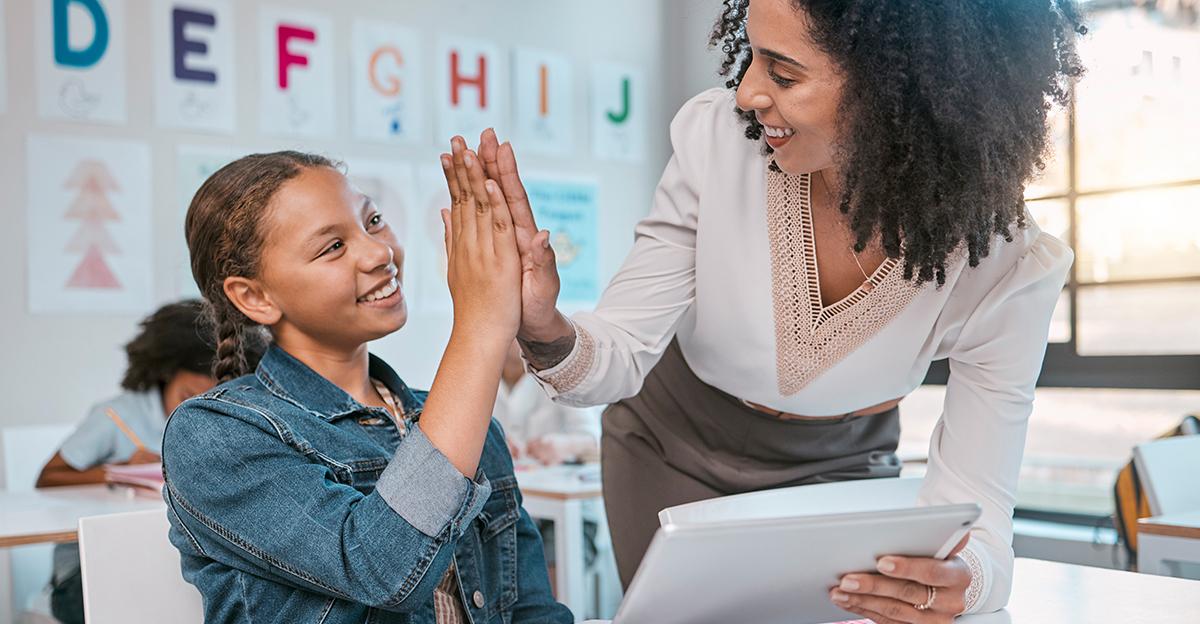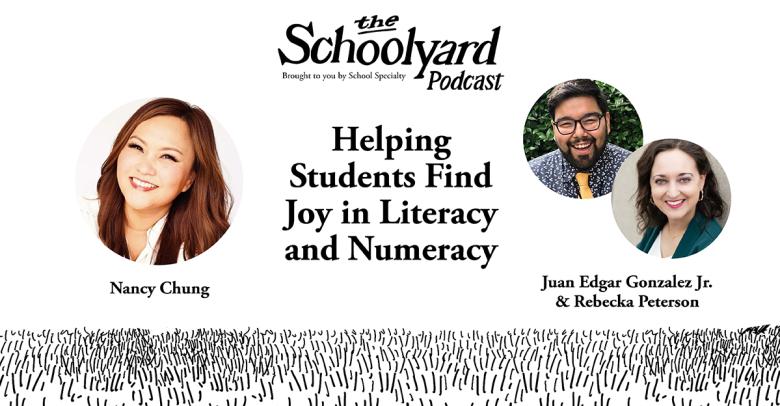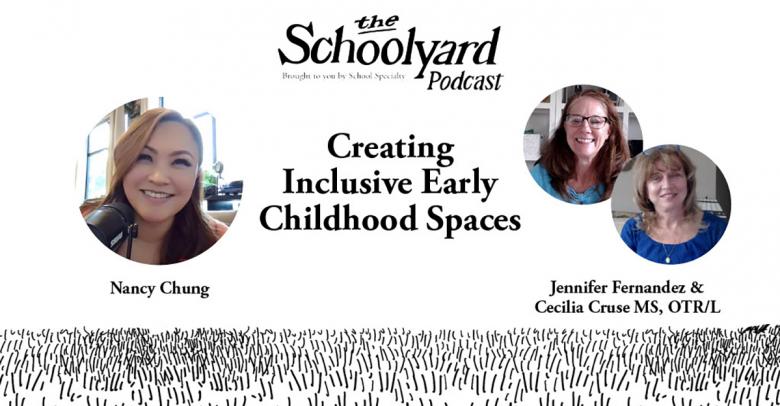Identifying students before they experience reading failure is the first step in helping them become successful readers. Sheila Clark-Edmands, M.S.Ed., has used her 30+ years in literacy education to compile a list of 10 essential components to a successful literacy curriculum. Read on to explore ten components that Clark-Edmands has found to meet the needs of struggling readers when applied as a consistent, systematic approach.
A Systematic Approach to Creating Successful Readers
1. Early identification – learning “best habits” the first time around
Because the focus should be on intervention and prevention, an earlier identification and reaction process can shorten the time that students spend struggling. Students as early as kindergarten-age can be identified and could benefit from direct educational programming before experiencing any reading struggles or failure.
2. Daily training in auditory and oral skills
Specific and direct phonemic training should be included daily, using actual words and concepts the identified student is already working with. Activities ranging from general and specific to phonemic awareness are important. These include rhyming, blending and identifying sounds, and substituting sounds in words and syllables.
3. Teaching kinesthetic speech sounds
Priority should be given to daily practice of kinesthetic speech sounds and how a student produces speech sounds. The focus should be on clear, correctly articulated sounds—essential to future reading and writing success.
4. Explicit instruction in decoding and encoding
Multi-sensory teaching techniques can help students with decoding (reading) and encoding (spelling) words. Identified students should practice hearing, seeing, and writing letter sounds, words, and syllables.
5. Teaching phonetic concepts in a given order
Early intervention programs require that phonetic concepts are introduced in a specific order. Young learners should focus on simple, single-consonant sounds and one-syllable words. Using real words makes the lessons relevant and memorable.
6. Practicing with decodable text that is comprehensible
If fluency and comprehension are the goal, text that contains the phonetic concepts students have already been taught, should be used in practice. It is important not only to practice reading words in isolation, but also in text reading.
7. Specific handwriting instruction
Kinesthetic reinforcement of reading and writing concepts can be done through handwriting instruction. Daily practice of handwriting—individual letters and/or words—is valuable in strengthening concepts and aiding memory.
8. Focusing on spelling as a concept
Concept-based spelling helps students to link speech sounds with the correct visual symbol. Writing composition should be taught along with spelling, and grammar concepts should be taught through written language.
9. Staying within the scope of learning
It’s important that any additional practice with writing and reading concepts match the instructional scope and skills that have already been taught. Students should be able to read and understand the materials, allowing them to experience success so that they do not become discouraged.
10. Allowing enough time
Students who are not given the time to fully comprehend or practice new concepts will continue to struggle. This is especially true of students who struggle with literacy, many of which require several times the amount of exposure to concepts to learn.
SPIRE Intensive Reading Intervention for Struggling Readers
If you’re looking for a way to truly reach and improve the performance and success rate of struggling readers, SPIRE is a research-proven program created to dramatically increase students’ reading skills. Flexible implementation and consistent 10-step lessons work together to help students learn and retain information.






Leave a Reply